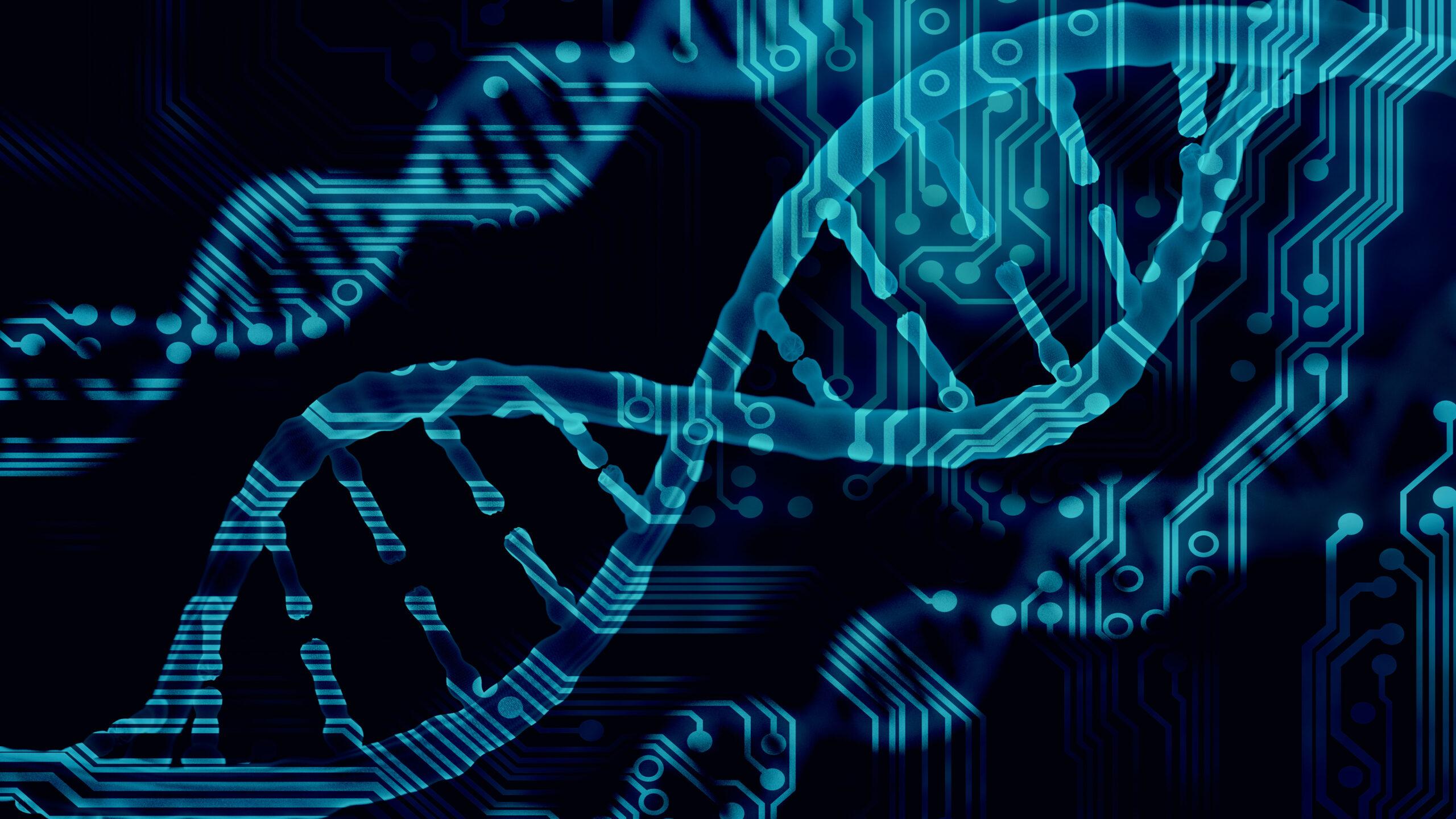Are you joining us for the 2024-25 academic year?
Visit our New Student Information Area to see key dates for enrolment and induction, important contacts and FAQ
Key Information
For more information and to apply, visit the Queen Mary University of London website:

Are you joining us for the 2024-25 academic year?
Visit our New Student Information Area to see key dates for enrolment and induction, important contacts and FAQ
The programme is being developed and delivered by our specialists in the field
Find out more about our MSc programmes and have the opportunity to ask the Programme Directors questions at our Virtual Open Events. Please sign up using the mailing list to be notified of upcoming virtual open events.
There are no scheduled open events at this time.
In light of the current situation, we will we holding virtual open days via Zoom Webinar so that prospective students and offer holders can hear about each of our MSc courses and have the opportunity to ask questions.
Click below to hear from some of our former and current MSc students and get a feel for what it is like to study at the BCI.
Not all cancer research is conducted at the laboratory bench. Did you know that many cancer researchers come in the form of Bioinformaticians and Data Scientists? Click below to hear about the academic backgrounds of some of the cancer researchers at the BCI working on bioinformatics.
What is your academic background?
Before starting my PhD at the BCI, I studied physics and obtained my BSc and MSc from ETH Zurich in Switzerland. I gained my first experience with quantitative biology in higher education during my master's, where I got in touch with population dynamics and evolutionary theory. Eventually, I investigated mathematical and computational models of cancers for my master's thesis.
Why did you decide to pursue a PhD in computational biology?
To be perfectly honest, my motivation to study computational biology is the same that drove me to study physics. I enjoy developing and using mathematical and computational tools to better understand nature. However, computational biology is a relatively young discipline that is still messy in some parts compared to physics that has a long history. Following one of Steven Weinberg's four golden lessons, I go into the lesser understood field where "creative work could still be done".
Additionally, understanding the biology of cancer has the potential to improve patients' quality of life. I find it motivating to know that my research might help people in the future.
What is an average day is like for you as a computational scientist/mathematical modeller?
The focus of my group lies in mathematical and computational modelling that are then compared to genetic data. In my position, I study the resistance to cancer therapies. My day typically consists of shuffling equations back and forth, then implementing some code and thinking if my model assumptions represent the biology well. Once my model is established, I analyse data to validate my modelling outcomes.
What is your academic background?
I did my undergraduate degree at the University of Bath in Biochemistry. This included a placement year at Southampton Hospital, working in an immunotherapy focused cancer research clinical trials lab.
I then did a Masters in Applied Bioinformatics at Cranfield, which led to a PhD in Bioinformatics at Rothamsted Research, focusing on insect genomics and insecticide resistance.
Why did you decide to study/pursue a career in bioinformatics?
During my placement year at Southampton, I realised a couple of things: firstly, I didn’t particularly enjoy wet lab work; and secondly there was lots of data being produced, but no one was trained to analyse it.
After this I decided to choose a Bioinformatics-based final year project. Because I enjoyed this taster of bioinformatics, and because biochemistry jobs without wet-lab work were limited, I signed up for the Master’s degree.
My Masters fully converted me to bioinformatics. I loved the problem solving element and the freedom to work with a wide range of interesting data without having to do all the lab work!
What is an average day is like for you as a bioinformatician?
I’m currently working on patient samples for squamous cell carcinoma (SCC). I’m building a pipeline to process the sequencing data, and identify some genetic markers (e.g. mutations) which could indicate whether a patient with SCC is at a high risk of metastasis. This consists of selecting appropriate tools, writing scripts, troubleshooting the inevitable errors and analysis of the results.
What is your academic background?
I did my BSc at the University of Warwick in Biomedical Science before pursuing an MSc by research at Oxford Brookes University (project title: “Investigation Into Stress Response in Bacteria and Eukaryotes”). I then did my PhD at Oxford Brookes University, where my research looked at “The Role of Stress-Derived Vesicles in the Bystander Effect and Cancer Related Cachexia”.
Why did you decide to study/pursue a career in bioinformatics?
During my MSc and PhD I learned both Python and R and was involved in several bioinformatics based projects. I found I enjoyed the development of various tools to help with my analyses as well as working with large datasets. Bioinformatics allowed me the opportunity to pair my love of biology with my burgeoning computational abilities.
What is an average day is like for you in your current position?
My day is split into running and developing informatics pipelines on our High Performance Compute clusters and burying myself in RStudio analysing data and producing figures. I work on a variety of different projects within my research area, and have to effectively divide myself between them all. Sometimes it’s bashing my head against the wall of ancient software dependencies that don’t want to work, but these are outweighed by the highs of taking a project from just raw sequencing data through to biologically meaningful observations.